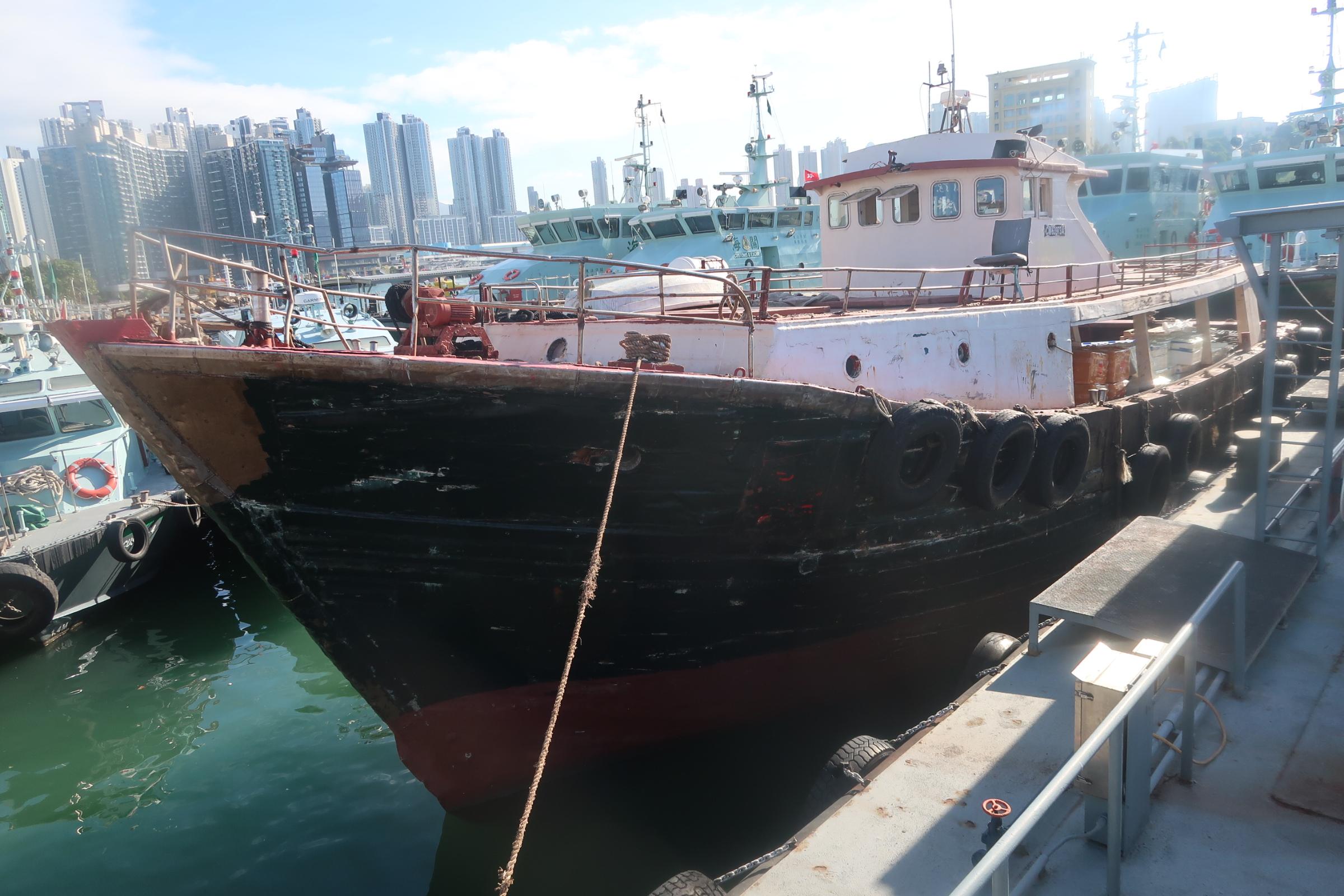Twelve landlords of subdivided units (SDUs) who contravened Part IVA of the Landlord and Tenant (Consolidation) Ordinance (Cap. 7) pleaded guilty and were fined a total of $29,200 today (December 15) at the Eastern Magistrates’ Courts. Since the Ordinance has come into force, a total of 58 SDU landlords have been convicted of contravening the Ordinance.
The offences of these landlords include (1) failing to submit a Notice of Tenancy (Form AR2) to the Commissioner of Rating and Valuation within 60 days after the term of the regulated tenancy commenced; (2) failing to produce copies of the bills and provide an account in writing when requiring the tenants to pay for the reimbursement of the apportioned water and/or electricity charges; and (3) failing to provide the tenant with a rent receipt. One of the landlords who contravened a total of seven offences under (1), (2) and (3) above was fined $4,800.
The Rating and Valuation Department (RVD) earlier discovered that the landlords failed to comply with the relevant requirements under the Ordinance. Upon in-depth investigation and evidence collection, the RVD prosecuted against the landlords.
A spokesman for the RVD hopes that these convictions will send a strong message to SDU landlords that they must comply with the relevant requirements under the Ordinance, and also reminds SDU tenants of their rights under the Ordinance. He also stresses that the RVD will continue to take resolute enforcement action against any contraventions of the Ordinance. Apart from following up on reported cases, the RVD has been adopting a multipronged approach to proactively identify, investigate and follow up on cases concerning landlords who are suspected of contravening the Ordinance. In particular, the RVD has been requiring landlords of regulated tenancies to provide information and reference documents of their tenancies for checking whether the landlords concerned have complied with the requirements of the Ordinance. If a landlord, without reasonable excuse, refuses to provide the relevant information or neglects the RVD’s request, the landlord commits an offence and is liable to a fine at level 3 ($10,000) and to imprisonment for three months. Depending on the actual circumstances and having regard to the information and evidence collected, the RVD will take appropriate actions on individual cases, including instigating prosecutions against suspected contravention of the Ordinance.
The RVD spokesman appeals to members of the public to come forward and report to the RVD promptly any suspected cases of contravening the relevant requirements. This would help curb illegal acts as soon as possible. Reporting can be made through the telephone hotline (2150 8303), by email (enquiries@rvd.gov.hk), by fax (2116 4920), by post (15/F, Cheung Sha Wan Government Offices, 303 Cheung Sha Wan Road, Kowloon), or in person (visiting the Tenancy Services Section office of the RVD at Room 3816-22, 38/F, Immigration Tower, 7 Gloucester Road, Wan Chai, Hong Kong, and please call 2150 8303 to make an appointment). Furthermore, the RVD has provided a form (Form AR4) (www.rvd.gov.hk/doc/en/forms/ar4.pdf) on its website to facilitate SDU tenants’ reporting to the RVD.
The RVD reminds that pursuant to the Ordinance, a regulated cycle of regulated tenancies is to comprise two consecutive regulated tenancies (i.e. the first-term tenancy and second-term tenancy) for an SDU, and the term of each regulated tenancy is two years. A tenant of a first-term tenancy for an SDU is entitled to be granted a second-term tenancy of the regulated cycle, thus enjoying a total of four years of security of tenure. Since the first batch of regulated tenancies is about to approach their second-term tenancies, the RVD has started a new round of publicity and education work in order to assist SDU landlords and tenants to understand the important matters pertaining to the second-term tenancy, and procedures that need to be followed about two months prior to the commencement of the purported second-term tenancy. In addition, the RVD started to issue letters enclosing relevant information to the concerned landlords and tenants of regulated tenancies by batches, according to the expiry time of their first-term tenancies, to remind them about their respective obligations and rights under the Ordinance. These landlords and tenants may also visit the dedicated page for the second-term tenancy on the RVD’s website (www.rvd.gov.hk/en/tenancy_matters/second_term_tenancy.html) for the relevant information, including a concise guide, brochures, tutorial videos, frequently asked questions, etc. SDU landlords and tenants are also advised to familiarise themselves with the relevant statutory requirements and maintain close communication regarding the second-term tenancy for handling the matters properly and in a timely manner according to the Ordinance.
For enquiries related to regulated tenancies, please call the telephone hotline (2150 8303) or visit the RVD’s webpage (www.rvd.gov.hk/en/our_services/part_iva.html) for the relevant information. read more



